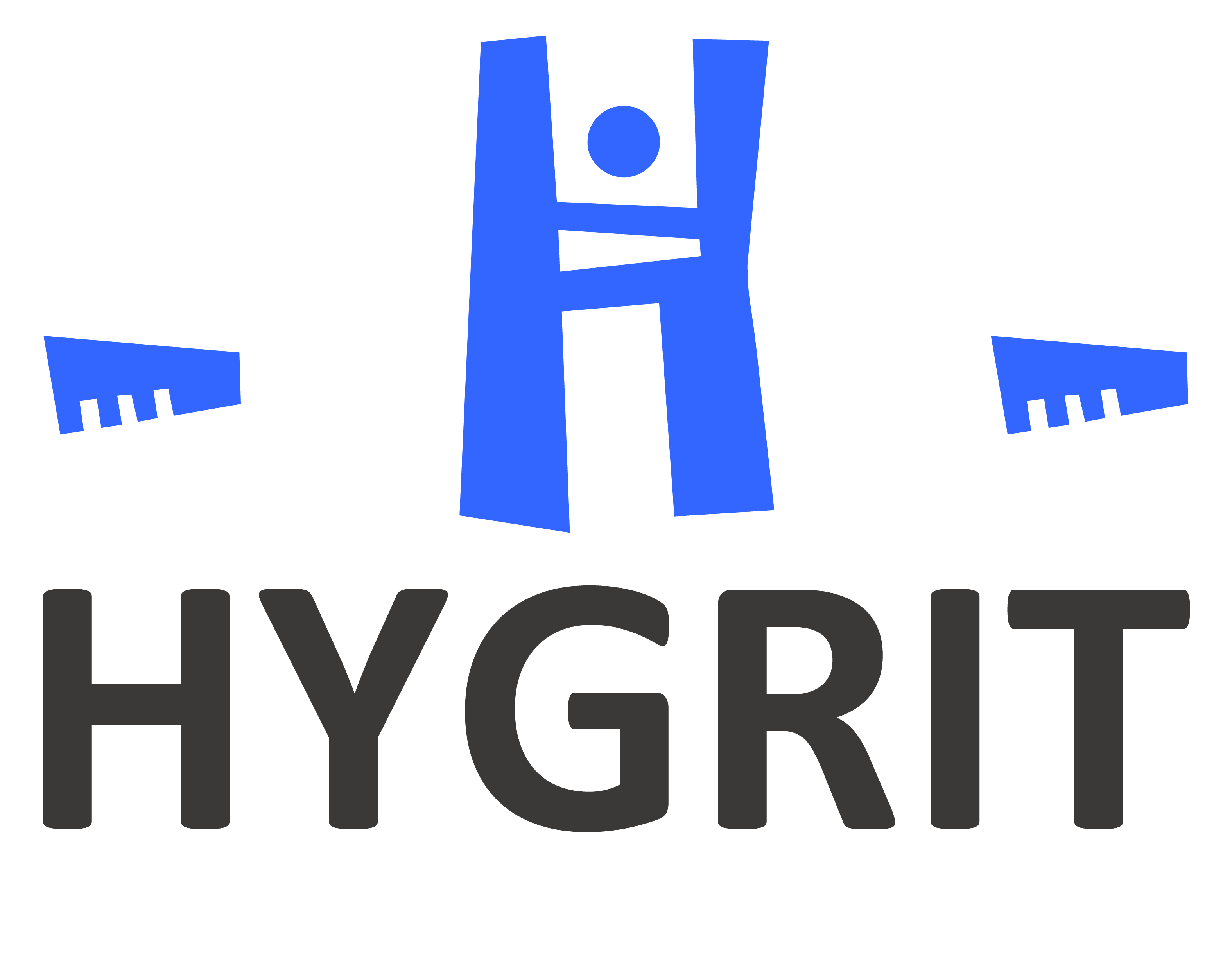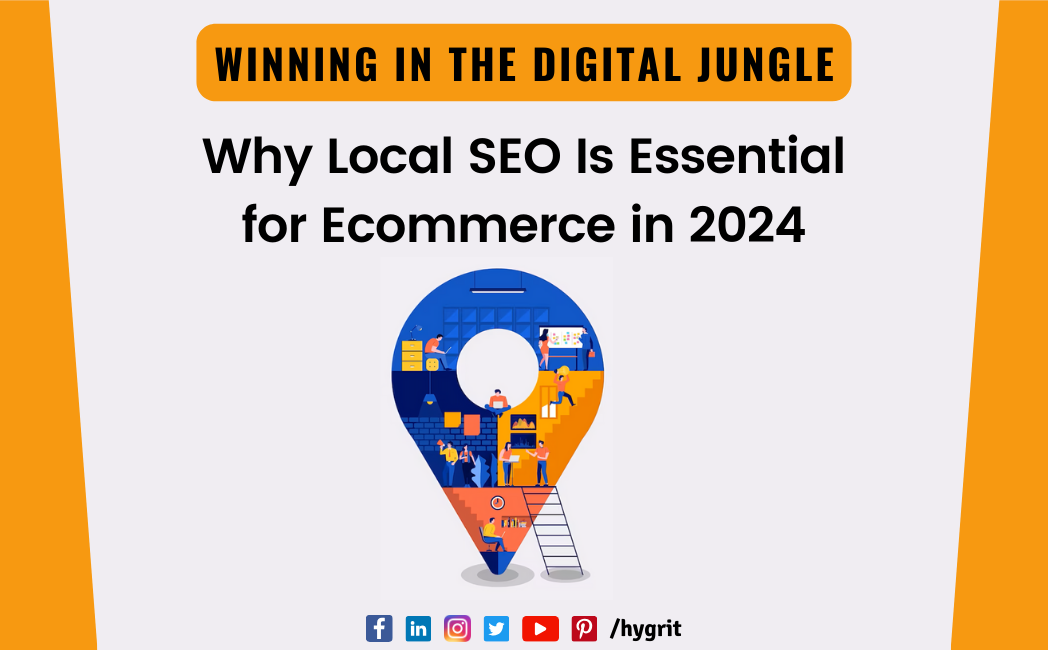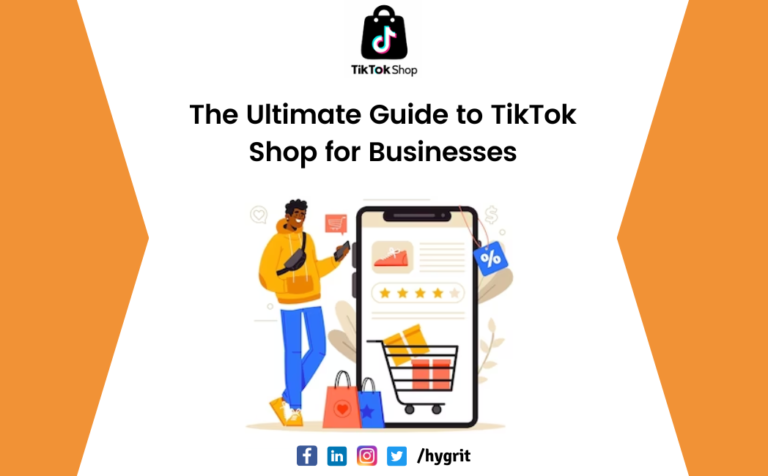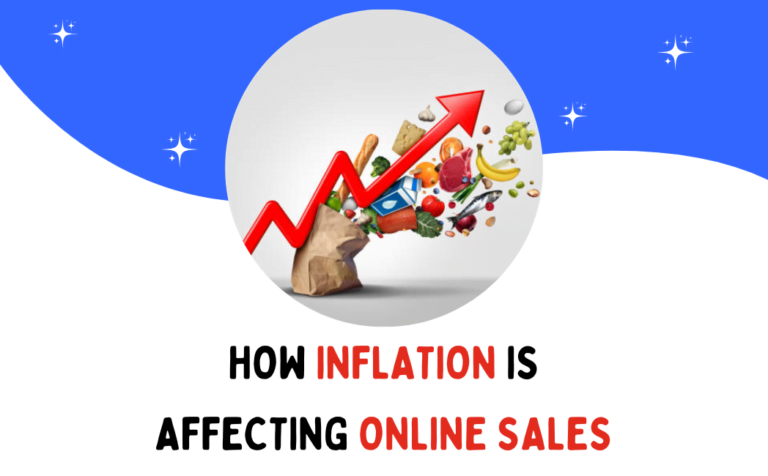If you run an online store, you know how important it is to rank well on search engines like Google and Bing. But did you know that ranking well for local searches is equally important, especially in 2024?
Local SEO is the practice of optimizing your website and online presence for local search queries. These are queries that include a specific location, such as “best bags near me” or “shoe store in New York”. Local SEO helps you attract more customers who are looking for your products or services in your area.
According to a recent study by BrightLocal, 93% of online shoppers use local search to find local businesses, and 76% of them visit a local business within 24 hours of their search. This means that local SEO can have a huge impact on your ecommerce sales and conversions.
But how do you rank well for local SEO in 2024? What are the key factors that influence your local search performance? Here are some of the most important ones:
Google My Business
Google My Business is a free tool that allows you to create and manage your business profile on Google. It helps you display important information about your business, such as your name, address, phone number, website, hours, reviews, and photos. Google My Business is essential for local SEO, as it helps you appear in Google Maps, Google Search, and Google Shopping results. To optimize your Google My Business profile, you should verify your business, update your information regularly, add relevant keywords and categories, and encourage customers to leave reviews and ratings.
Local Citations
Local citations are mentions of your business name, address, and phone number on other websites, such as online directories, social media platforms, and review sites. Local citations help you build trust and authority with search engines and customers, as they show that your business is legitimate and consistent. To optimize your local citations, you should claim and update your listings on popular sites, such as Yelp, Facebook, and Foursquare, and ensure that your information is accurate and consistent across all platforms.
Local Content
Local content is content that is relevant and useful for your local audience. It helps you showcase your expertise, personality, and value proposition, and engage with your potential and existing customers. Local content can include blog posts, videos, podcasts, infographics, and more. To optimize your local content, you should use local keywords and phrases, such as your city, neighbourhood, or landmarks, and address local topics, issues, and trends. You should also create content that answers common questions, solves problems, and provides value for your local customers.
Local Links
Local links are links from other local websites that point to your website. They help you increase your online visibility, traffic, and authority, and signal to search engines that your website is relevant and trustworthy for your local market. To optimize your local links, you should reach out to local influencers, bloggers, media outlets, and organizations, and offer them valuable content, products, or services in exchange for a link. You should also participate in local events, sponsorships, and partnerships, and leverage local directories, forums, and groups.
These are some of the main ranking factors for ecommerce and local SEO in 2024. By following these tips, you can improve your local search performance and grow your online store. Remember, local SEO is not a one-time thing, but an ongoing process that requires constant monitoring and optimization. Ecommerce and local SEO in 2024 is a competitive and dynamic field, but also a rewarding and profitable one. Don’t miss this opportunity to boost your ecommerce sales and conversions with local SEO.




